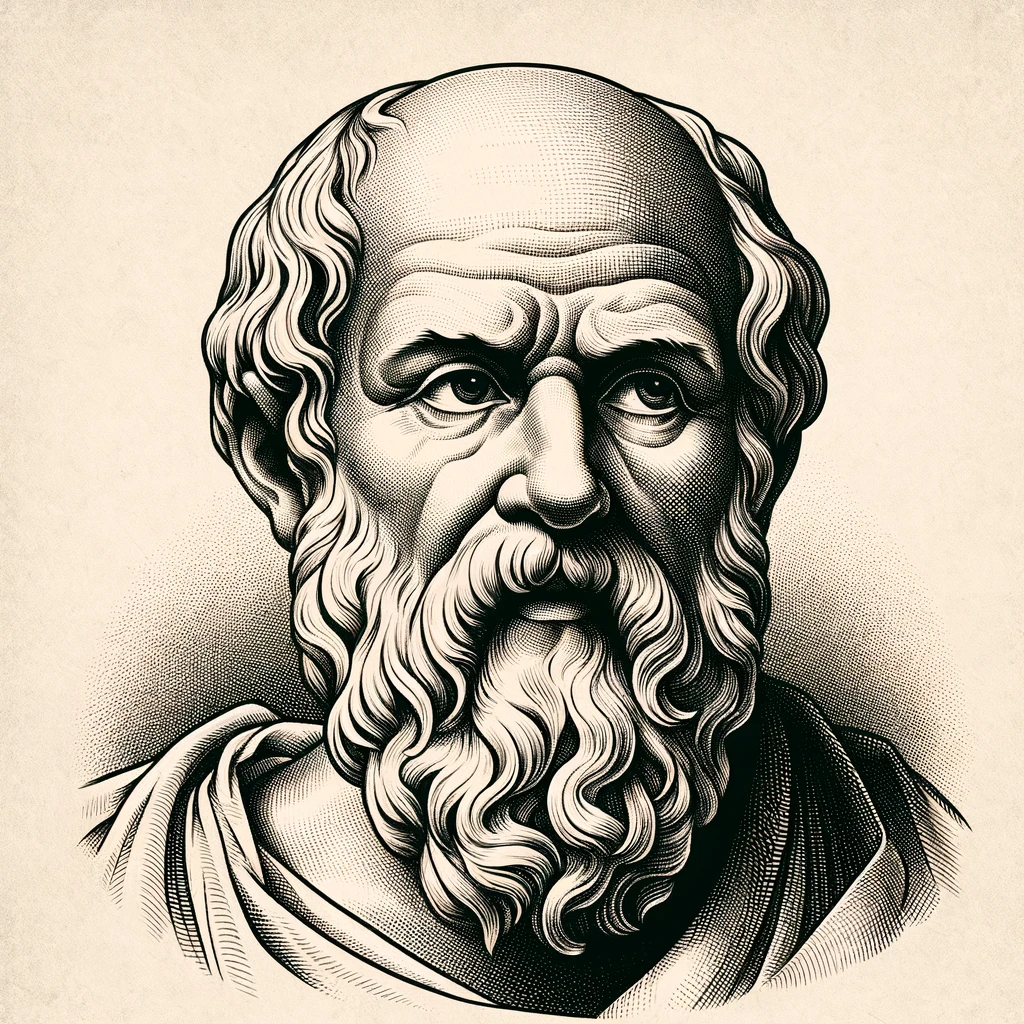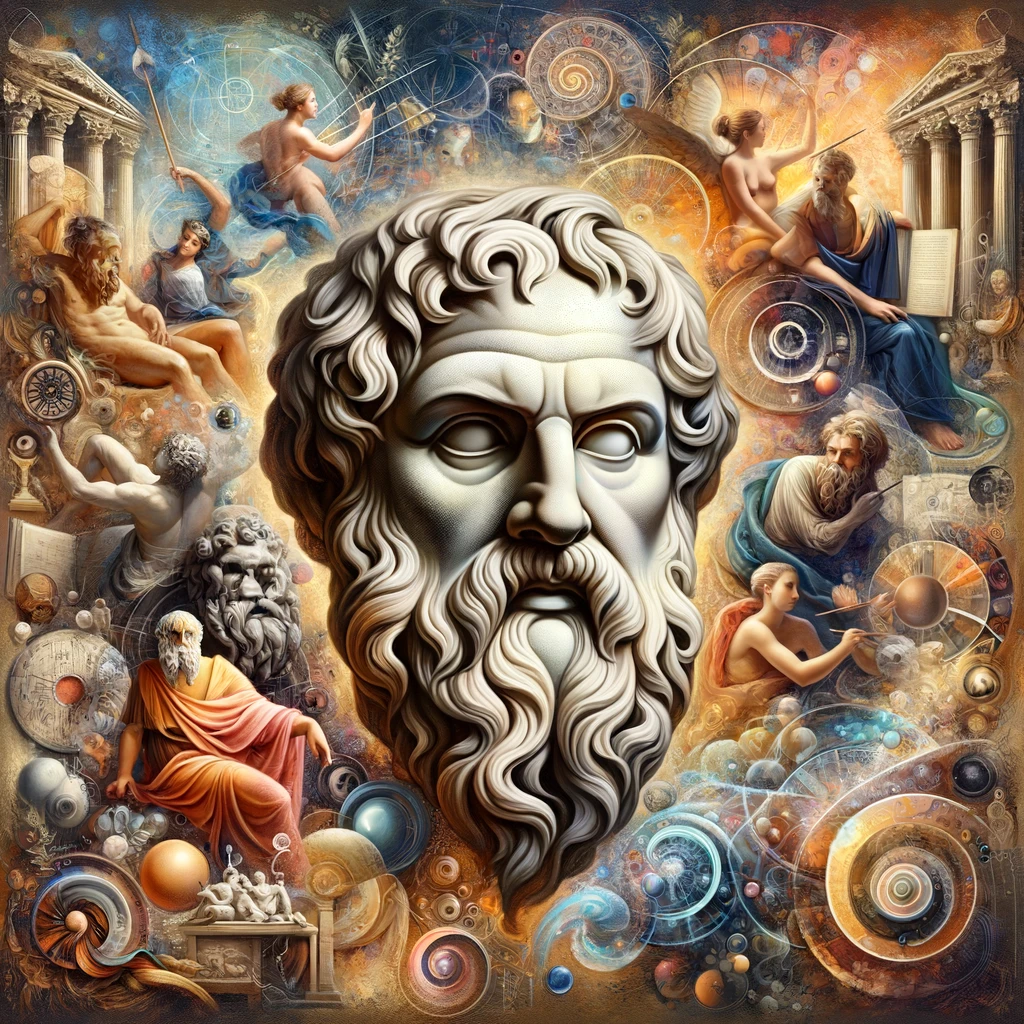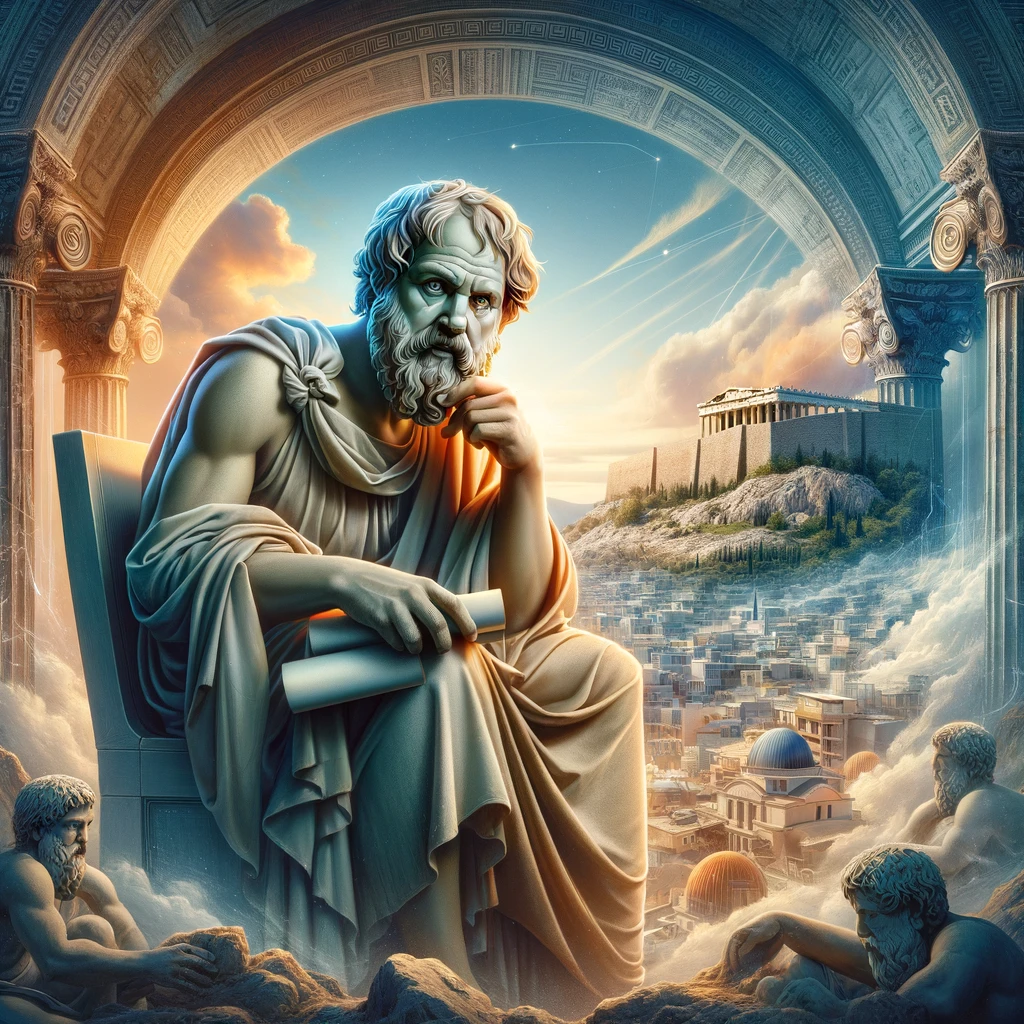In the annals of philosophical inquiry, few figures are as pivotal or enigmatic as Socrates. Among his many contributions to Western philosophy, Socrates’ paradoxes stand out for their ability to perplex and provoke thought, centuries after they were first proposed. Central to these is the famous paradox, “I know that I know nothing.” This post delves into the heart of Socratic paradoxes, exploring their meanings and the impact they have on our perception of knowledge and ignorance.
The Paradox of Knowing Nothing:
At first glance, Socrates’ claim to know nothing seems contradictory. How can one of history’s greatest philosophers claim ignorance? Yet, this paradox is the cornerstone of Socratic wisdom. It signifies a deep understanding of the limits of human knowledge and an openness to continual learning. Unlike the Sophists of his time, who claimed to have answers to all questions, Socrates embraced his ignorance as the first step towards true knowledge.
The Paradox of Wisdom:
Socrates argued that true wisdom comes from recognizing one’s own ignorance. This paradox challenges the conventional notion that wisdom is the accumulation of knowledge. Instead, Socratic wisdom is the ability to question, to doubt, and to critically evaluate one’s beliefs and those of others. It is in the acknowledgment of what we do not know that we begin the journey toward wisdom.
The Duality of Strength and Weakness:
Another intriguing Socratic paradox is the idea that real strength lies in acknowledging one’s weaknesses. In dialogues such as the “Apology,” Socrates posits that acknowledging one’s vulnerabilities is a sign of strength, not weakness. This paradox invites us to reconsider our perceptions of strength and vulnerability in the pursuit of virtue and personal integrity.
Implications for Modern Thought:
The relevance of Socratic paradoxes extends far beyond the philosophical debates of ancient Athens. In today’s world, where certainty is often prized over doubt, Socrates’ embrace of ignorance challenges us to question the foundations of our knowledge. His paradoxes encourage a posture of humility and open-mindedness, reminding us that the quest for understanding is an ongoing process.
Socrates’ paradoxes, particularly his famous declaration of knowing nothing, continue to intrigue and inspire. They serve as a powerful reminder of the complexities of knowledge and ignorance, urging us to question, to reflect, and to embrace the journey of learning. In the spirit of Socrates, let us acknowledge our limitations, not as barriers, but as gateways to deeper insight and wisdom.









